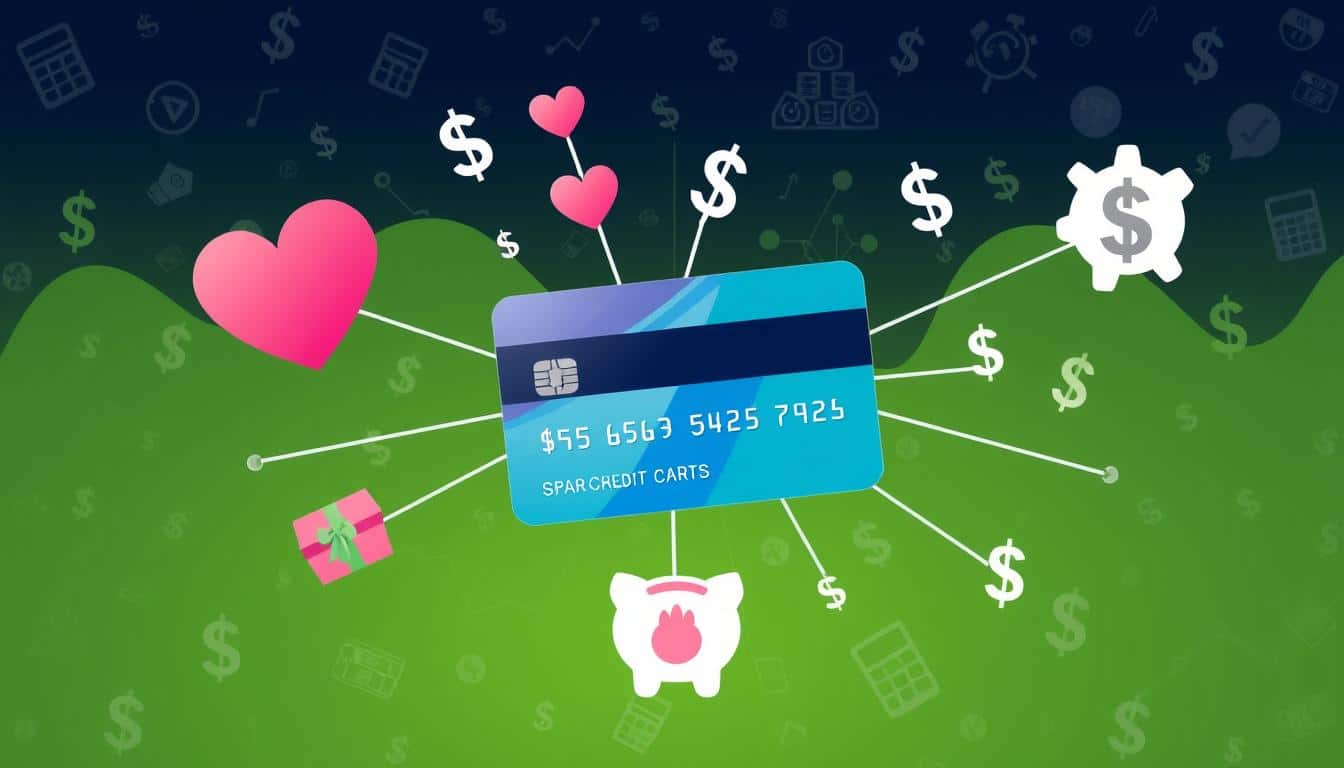Charitable giving can be confusing, especially with credit card fees. You might wonder if these fees are tax deductible. Many donors are unsure about this. Experts like Charity Clairity say that if you pay credit card fees with your donation, it counts towards your contribution. This is true if you itemize your deductions on your tax return.
In this section, we’ll explore the details of credit card fees. We’ll see how they fit into IRS rules for tax deductions for donors.
Key Takeaways
- Credit card processing fees are often included in the total charitable contribution amount.
- IRS guidelines dictate that all contributions must be itemized for full deductibility.
- A written acknowledgment is required for donations of $250 or more.
- Donors should retain records to claim deductions effectively.
- Charitable organizations may have to disclose information on quid pro quo contributions.
- Covering credit card fees does not affect the tax deductibility of the actual gift.
- Donation platforms like PayPal often separate fees from contribution amounts for clarity.
Understanding Charitable Contributions and Fees
To understand tax deductions, you must know what a charitable contribution is. It’s money given to a group that the IRS says is tax-exempt. You don’t get anything back from these gifts. You can pay with cash, check, or even credit cards.
Knowing this is key to getting tax breaks for your donations.
What Qualifies as a Charitable Contribution?
Several things decide if a gift is tax-deductible. Gifts must go to groups the IRS calls qualified. These include:
- Public charities
- Operating foundations
- Some private foundations
Cash donations can be deducted up to 60% of your income for 2023 and 2024. Non-cash items have different limits, depending on the group you give to.
The Role of Credit Card Payments in Donations
Donating with credit cards is now common. It makes giving easier and can earn rewards. But, credit card fees add to the cost of giving.
Guidelines say you can deduct your donation and the fees. If you itemize on Schedule A, you could save a lot on taxes.
Are Credit Card Fees Tax Deductible to the Donor?
Understanding tax deductions for credit card fees can be tricky. Many factors decide if these fees are deductible, based on IRS rules. It’s important to know the difference between a real donation and the cost of processing it.
IRS Guidelines on Donation Deductibility
The IRS explains how donations and fees work for tax deductions. You can increase your deductions by paying the donation and the fees. This makes the whole amount, including fees, deductible. So, you get the most benefit while helping a good cause.
Clarifying Processing Fees vs. Actual Contributions
It’s key to understand the difference between processing fees and actual donations. Fees help nonprofits accept donations but aren’t donations themselves. Fees from companies like Stripe and PayPal can be 0.8% to 3.5% of the donation, plus a fixed fee. If you pay these fees, they can be added to your deductible amount, as per IRS rules.
How Covering Fees Affects Your Tax Return
Covering processing fees can boost your tax return deductions. This is especially true for big donations, as it can save you more on taxes. But, remember that some platforms like Google Pay or Apple Pay might not allow this. Knowing the differences in platforms and the impact of fees is important for accurate reporting and maximizing your tax savings.
Maximizing Your Tax Deductions as a Donor
Maximizing tax deductions starts with planning ahead for charitable donations. Keeping detailed records of your donations, including credit card fees, is crucial. Make sure to get a written receipt for any cash donations over $250. This is vital for accurately itemizing deductions when tax time comes.
It’s important to know IRS rules. You can usually deduct charitable donations up to 60% of your adjusted gross income. But, there are special rules for different situations. If you give more than you can deduct, don’t worry. You can carry over the extra for up to five years. This can help reduce your taxes in the future.
If you’re giving a lot and want to make sure you’re doing it right, talk to a tax expert. They can help with all the paperwork and make sure you’re saving as much as possible. So, take charge of your charitable giving. It can help both your heart and your wallet.








